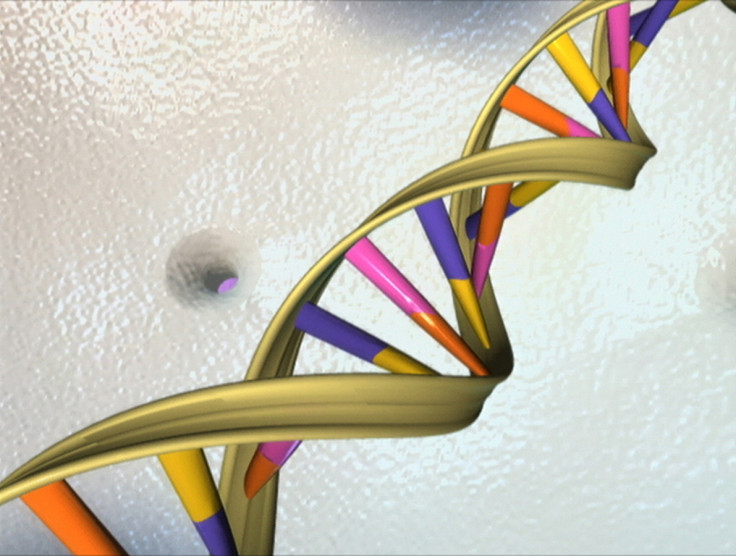Will gene edited-humans lead to a healthy utopia or an obsessive, perfectionist society?
Too much control could edit away diversity and tolerance in society.
The potential to edit the human genome to create people with fewer genetic conditions is just around the corner. But the same technology could be used to alter traits beyond serious medical problems. This raises a tricky ethical question: just how much should society be able to edit away?
Actress Kiruna Stamell has a condition called acromesomelic dysplasia, which causes dwarfism. Her condition has made her more resilient and shaped who she is, she told IBTimes UK. Having the technology to edit away conditions such as dwarfism would make society less diverse and a poorer place, she believes.
Unchecked, gene editing could be used to make certain conditions and types of people disappear from society, Stamell wrote in an article published in the Journal of the Royal Society of Medicine. This could lead to increasing social intolerance of diversity and end up making society hypercritical of difference, she argues. An over-edited society could easily slip into obsession over tiny perceived flaws and falling levels of acceptance.
A genuine choice
What is gene editing?
Gene editing is the ability to make fine-tuned changes to DNA. The foremost gene editing technology is the CRISPR-Cas9 system, which can make very precise changes to the DNA sequence.
If an egg, sperm or early embryo has its genes edited, then every cell in the person's body that grows from those cells would potentially contain those edits. They would also pass them on to their children if they had them. This is called germline gene editing.
Gene editing can also be used on children or fully grown adults. This kind of genetic therapy would not be passed on to their offspring, as it would not affect their sex cells or an embryo.
There could still be a role for gene editing in tackling severe, fatal conditions such as Tay Sachs syndrome, where children usually die very young, Stamell said. But the option to edit away medical conditions needs to be balanced with the option to have full support and care for a disabled child.
"There is a lot of pressure for people to make choices from a position of fear and worry about an outcome. What I find difficult is the choice to live with a disability at the moment isn't equitably supported," Stamell said.
"I feel sad that society is fearful of difference and conditions that come with pain. I know you could tell two parents they would have a child with dwarfism and for some people that is a terrifying prospect, but I really value the richness it has brought my life."
Rewriting the human genome
The sheer potential of the benefits of gene editing mean that we shouldn't be afraid to put the technology to use, argues ethicist Christopher Gyngell of the Oxford Uehiro Centre for Practical Ethics in an article appearing with Stamell's in the same issue of the journal.
"There is little doubt that it will soon be technically possible to use the CRISPR system to rewrite the human genome," he writes.
"Provided germline gene editing is well regulated, it could greatly improve the health of our descendants."

If used as a clinical tool, gene editing could soon be used to tackle the simplest genetic diseases where just one gene is involved, but it could equally be broadened out to more complex diseases. The problem of whether or not gene editing would lead to less diversity in society can be solved by only editing sperm, eggs or embryos for the most severe fatal conditions, he said.
"No one plausibly holds that Tay Sachs syndrome, a degenerative disease of the nervous system that commonly causes death before four years of age, is a valuable form of human diversity rather than a horrible disease."
A case-by-case analysis could help prevent a slide from treating only the most fatal diseases to those that are not deemed to be urgent enough to warrant the option of gene editing, he writes.

© Copyright IBTimes 2025. All rights reserved.






















